Long and Short Reviews welcomes Nancy M Bell who is celebrating the recent release of Discarded. Leave a comment or ask the author a question for a chance to win a digital copy of the book.
Nancy as been writing since she was in grade school and told me that she still has some of the stories.
“They are embarrassingly terrible. But words have always come to me and demanded to be put down on paper. It must be some past life geasa or something,” she said with a laugh. “I started a number of novels over the years but life always got in the way, although I did amass a great deal of poetry and magazine articles. Then in 2005 I had a life changing accident and went from 200 miles per hour to 0 in about 2 seconds. While it ended my career, it did give me time
Nancy’s earliest memory is of reading Black Beauty by Anna Sewell. It captivated her and instilled in her a deep and abiding respect for horses and all beasts of burden. She was lucky enough from a young age to be mentored by Gilean Douglas, a British Columbia journalist, poet, nonfiction writer and ex-reporter.
She explained, “She helped shape my view of writing and the world. She once told me something that has struck me as very true: ‘You don’t meet an author in her living room, you meet the author in her work, through her words’.”
Her favorite author, however, is Charles de Lint, a Canadian author who writes urban fantasy well steeped in Irish and Celtic mythology and magic. The kind of things you see out of the corner of your eye on a bright summer day or in the dim orange-gold light of an autumn dusk. Those things that disappear when you look at them directly. she credits him for the knack of weaving myth and legend into contemporary worlds.
For Nancy, the most important elements of good writing include a clear and well-developed author voice, because it’s the basis for everything else, the foundation the work will either stand or founder on.
“The technical part of the writing must be clear and concise showing a good command of the language and use of said language, she said. “While grammar is important, it shouldn’t be strictly imposed on your characters if they are somewhat considered to be ‘beyond the pale’, i.e. if your character is a bit, shall we say, rough around the edges or speaking in an odd dialect then grammar can be set aside in those cases. The plot must be well thought out and move at a good pace without sidetracking the reader with unneeded information or back story.”
When she’s developing her plot and characters, usually it starts off with the germ of an idea. While she generally has an overall idea of what the story will entail and know where it is headed, often her characters take control of the tale and it goes in an entirely different direction than what she first envisioned.
“I know some authors who base their characters on favourite actors or personages. I can’t do that for some reason,” she told me. “My characters are a force in their own right and I must say a force to be reckoned with at times. They’ll wake me up in the middle of the night and insist I get up RIGHT NOW and write down what’s happening. If I ignore them, they go off and sulk and I spend some time rowing aimlessly in the doldrums. I am definitely a ‘pantser’ as opposed to a ‘plotter’. Interestingly for Discarded, a historical mystery releasing in September 2023, I did have to do some plotting, but damned if the characters still decided to take off on their own. Although they did agree to stay within the bounds of my rough outline.”
I asked her to describe her writing space.
“My office (big word for a little space) has a large window facing south. It is crammed with two large antique bookcases which in their turn are crammed with books. Binders full of courses I have taken, research books, bits and bobs I have collected in my journeys: rocks, stones, feathers, bits of bark, oriental incense burners, horse statues, a magpie’s skull I found in my garden, hawk feathers the local hawks have gifted me with and Lord knows what else. My writing desk is an old antique secretary, the shelves of it are full of the same kind of things listed above plus a shelf of antique books. The prize is one call Her Benny by S.K. Hocking which my grandfather used to read. The walls are covered with pictures, some indigenous moose tufting pieces, a piece of birch bark biting and a brass rubbing I did at Glastonbury Abbey. A large dream catcher, a tapestry of Bruges, Belgium, a watercolour of Nanjizal in Cornwall and watched over by a little purple wizard.”
When she’s not writing, she spends a lot of time with her horse, a 17 hand high bay Thoroughbred named Shady. She’s considered a “throw away horse” who came off the race track and was sold as a barrel horse which didn’t work out, then she went through an auction again and was bought as a combined training horse. However, she was injured in the pasture with a deep puncture wound in the armpit. It healed after a long and expensive course of treatment, but the scar would tear when she worked, so fortunately for her, the girl who owned her cared enough to find a soft place for her to land. And so she is now with Nancy.
“She’s now very sweet because she knows she’s safe and nothing bad if going to happen to her,” Nancy explained. “I also love to garden and have a number of gardens along with potted vegetables. And, no surprise, I love to read. I spend a fair bit of time, especially in the winter, doing counted cross stitch. I have many, many finished projects. I have what I refer to as my ‘Covid Winter Collection” because there was literally nothing to do during that time but stay home and keep yourself busy.”
When she was young, she wanted to be a nurse. But then, although she’s always been drawn to healing, she fell in love with horses (blame Black Beauty) and wanted to open a farm for unwanted horses. Reality and the lack of money put paid to that idea, but she did make a living with horses for many years, both as an instructor and as the proprietor of a small boarding stable.
“Writing has always been a part of my life, but I honestly never thought of being an author as a career or a ‘job’, it was just an integral part of who I am,” she said.
Finally, I asked, “What is the hardest part of writing for you?”
“Without at doubt the marketing. I suck at it. Marketing is labour intensive and takes time away from what my heart wants to do which is write. I am toying with the idea of starting a podcast or something of the sort where I would read some of my work and then post it online. The problem is I have no idea how to do that so I must delve into the intricacies of bring that to fruition. Wish me luck! I do blog on the 18th of each month at the BWL Publishing Blog. Drop by if you have the chance, you never know what I’ll be talking about. After marketing, I’d have to say the editing is next. By the time something is ready for publication it’s been read a number of times and I’m so sick of it that I can’t imagine why anyone would be interested in reading my words. Thankfully for me, people do want to read them.”
When the British arrived in Winnipeg in the 1800s it was convenient for the men to take Metis wives. They were called a la vacon du pays – according to the custom of the country. These women bore the brunt of ensuring survival in the harsh environment. Without them the British army and fur traders would not have survived the brutal winters. However, as society evolved it became accepted that wives must be white, schooled in British ways, fashionable in the European sense and married by the Anglican church. The Metis wives and their ‘country born’ offspring were thrown out and forced to fend for themselves. The unrepentant husbands continued to live comfortably with their ‘new’ wives. It was inevitable that some discarded wives did not accept their fate quietly and hard feelings on both sides were unavoidable. When the bodies of two discarded Metis wives, Marguerite and Marie-Anne, are found floating in the Red River, Guilliame Mousseau, sets out to get to the bottom of his sisters’ murder.
About the Author 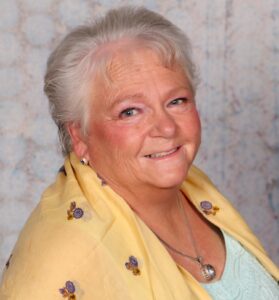 Nancy lives near Balzac, Alberta. She is a member of the Writers Guild of Alberta, The League of Canadian Poets, and the Canadian Authors Association. She has publishing credits in poetry, fiction, and non-fiction with over 20 published novels. Her work has been included in Tamaracks Canadian Poetry for the 21st Century and Vistas of the West Anthology of Poetry. Her poetry is also being included by the University of Holguin Cuba in their Canada Cuba Literary Alliance (CCLA) program.
Nancy lives near Balzac, Alberta. She is a member of the Writers Guild of Alberta, The League of Canadian Poets, and the Canadian Authors Association. She has publishing credits in poetry, fiction, and non-fiction with over 20 published novels. Her work has been included in Tamaracks Canadian Poetry for the 21st Century and Vistas of the West Anthology of Poetry. Her poetry is also being included by the University of Holguin Cuba in their Canada Cuba Literary Alliance (CCLA) program.
Buy the book at Amazon.

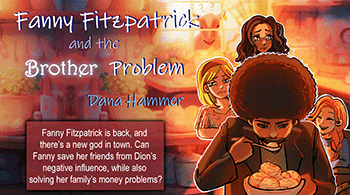
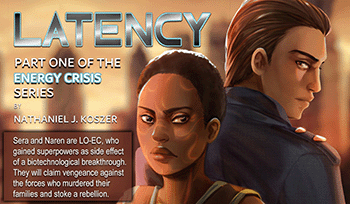
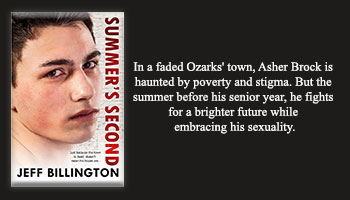
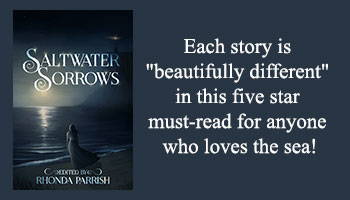



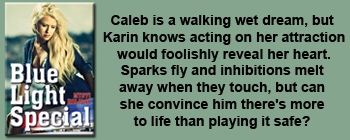


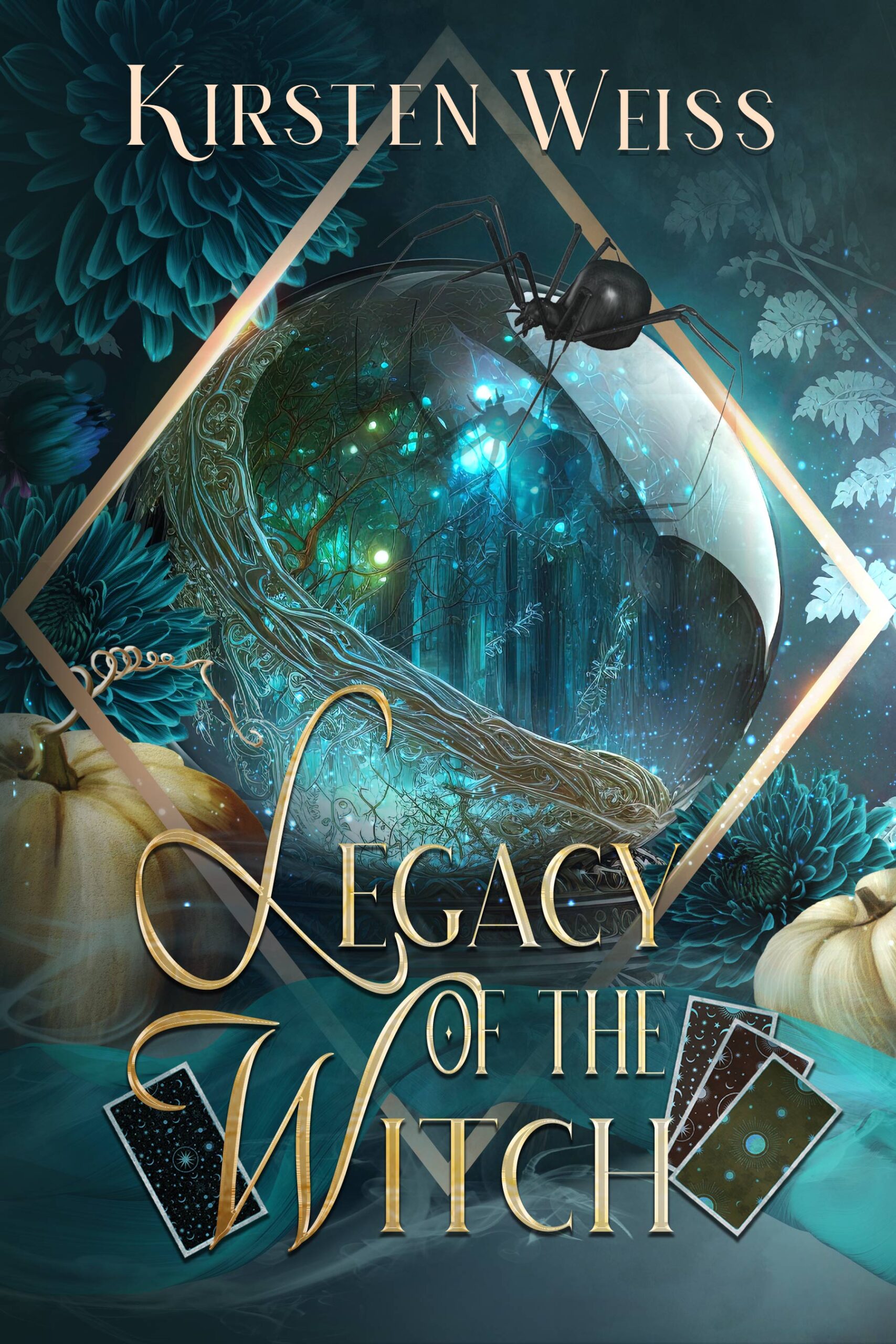
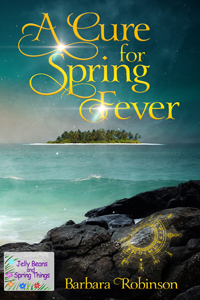
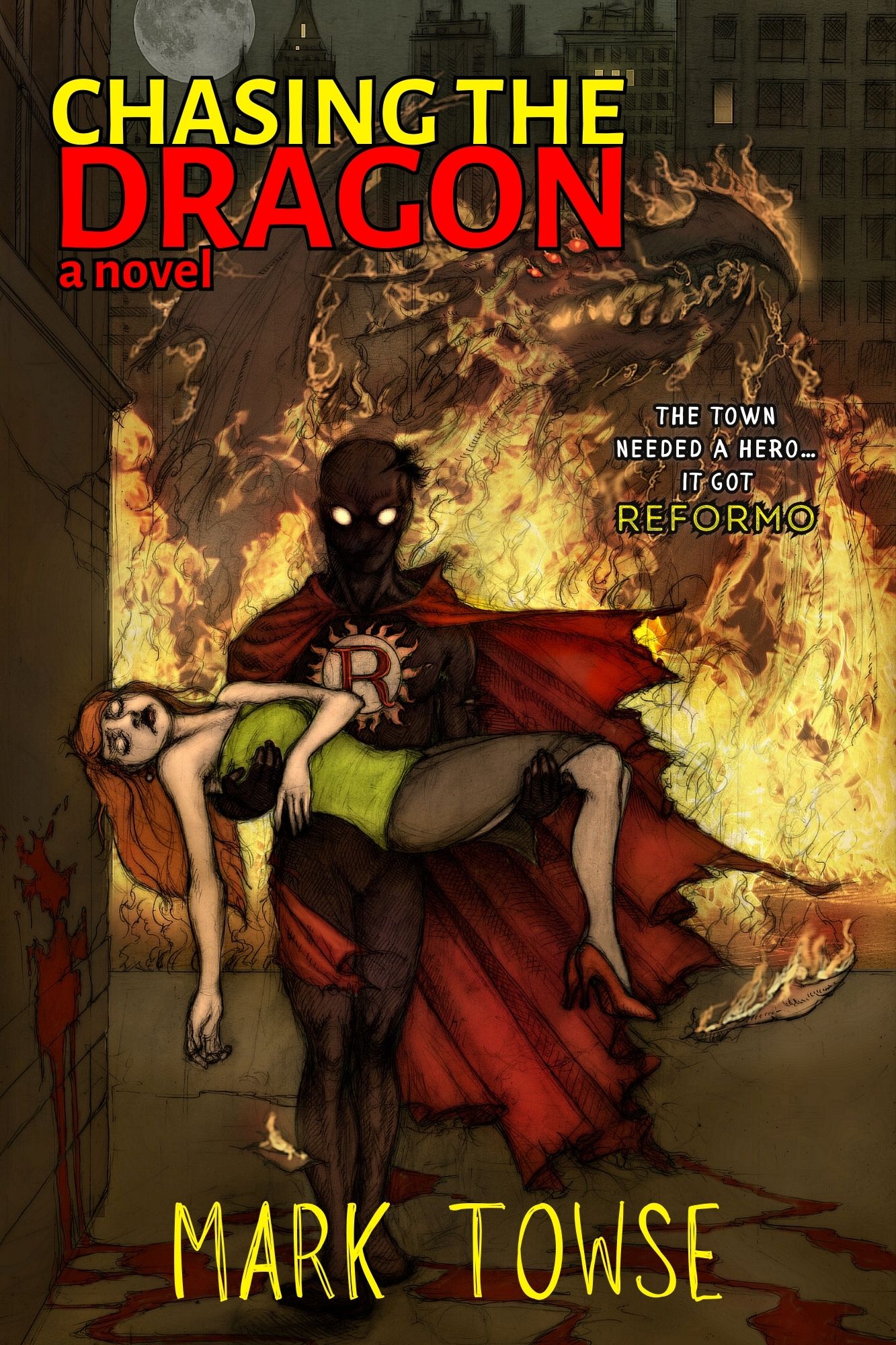
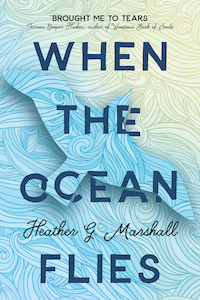


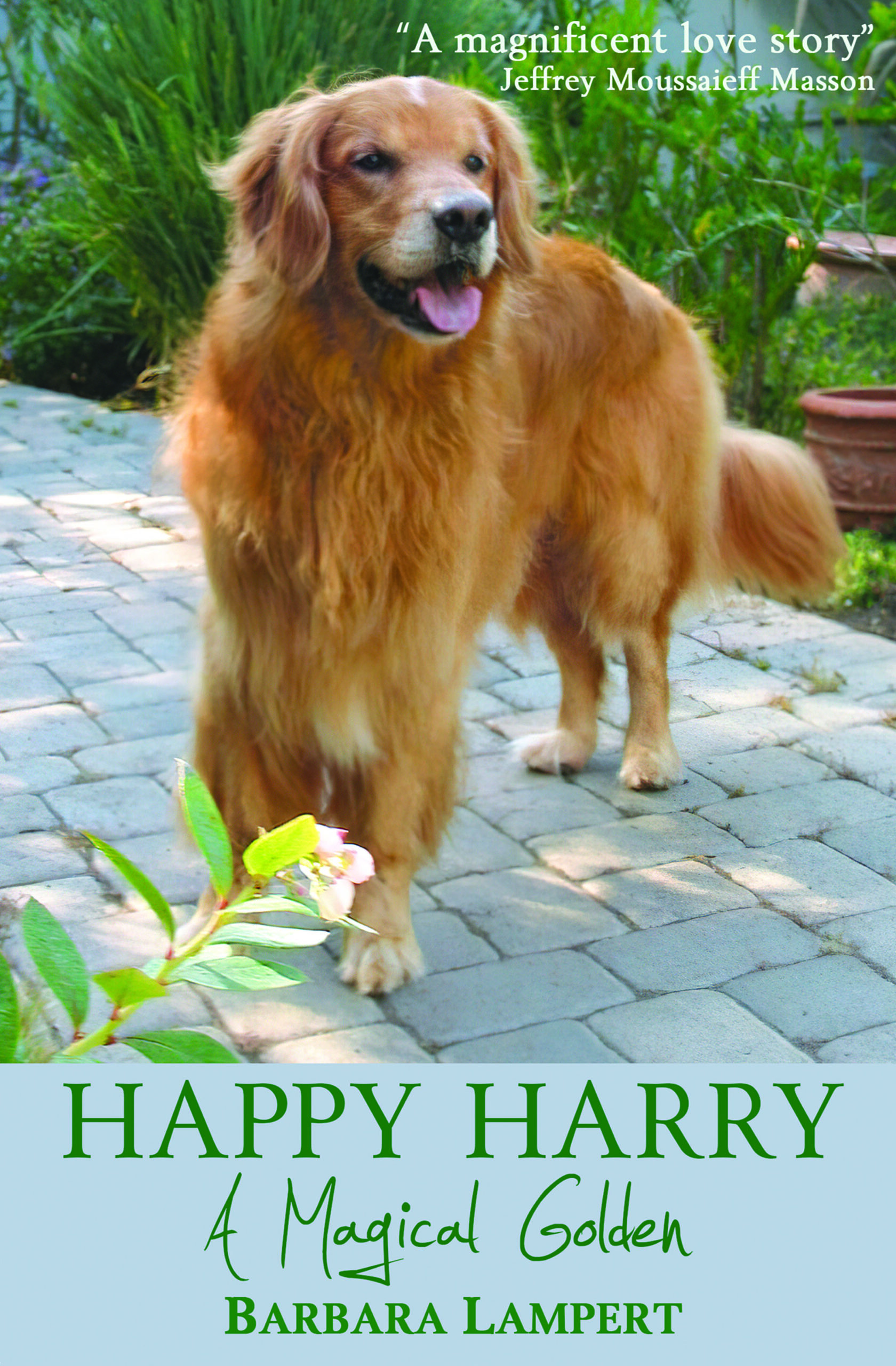

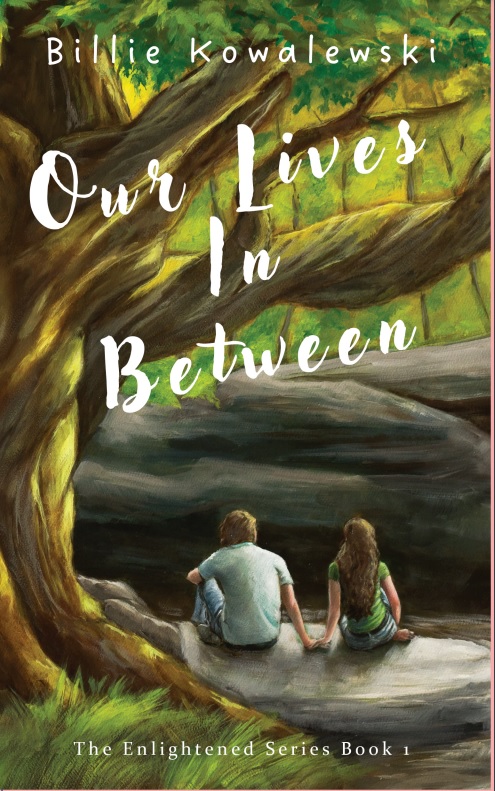
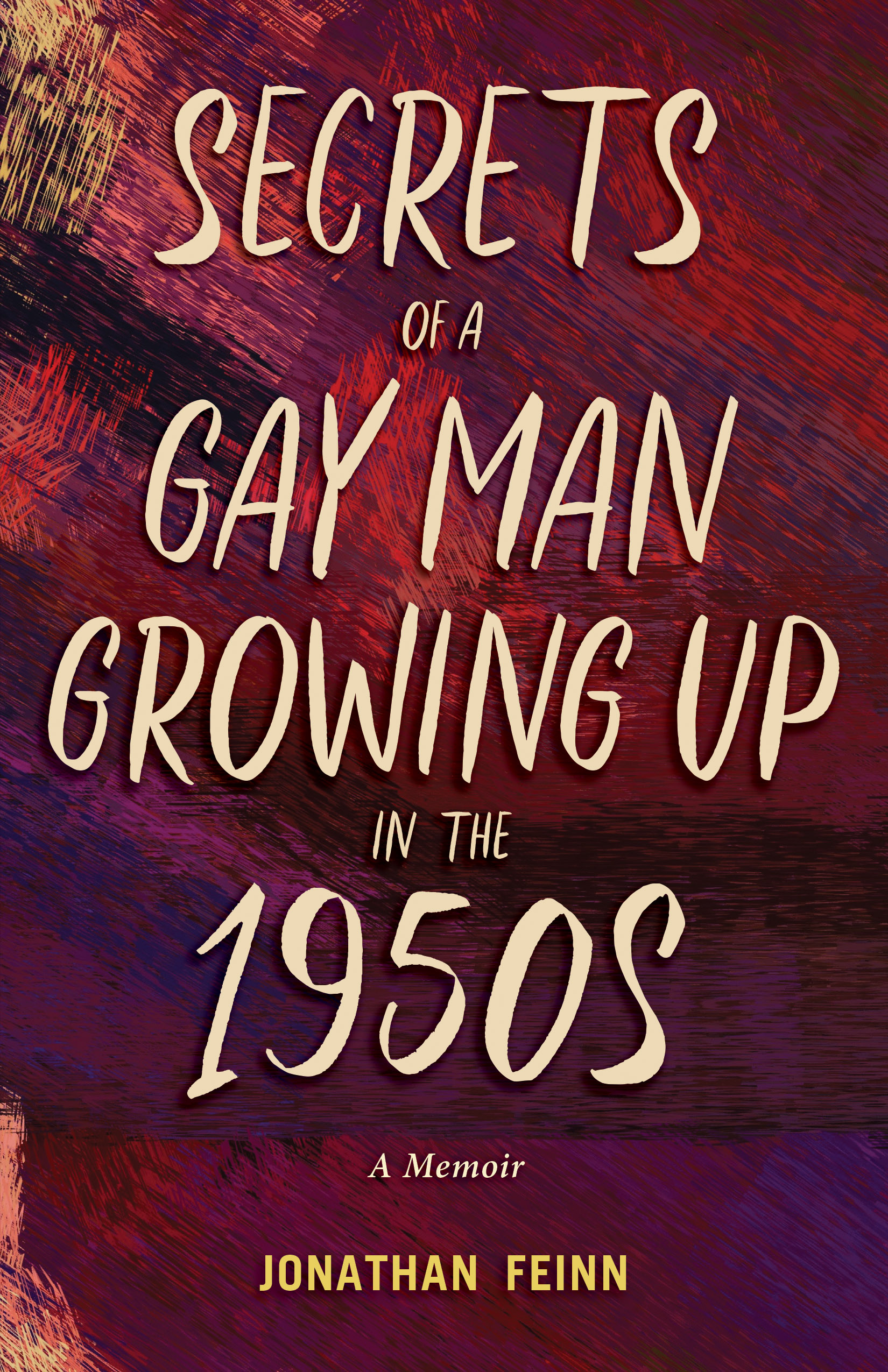



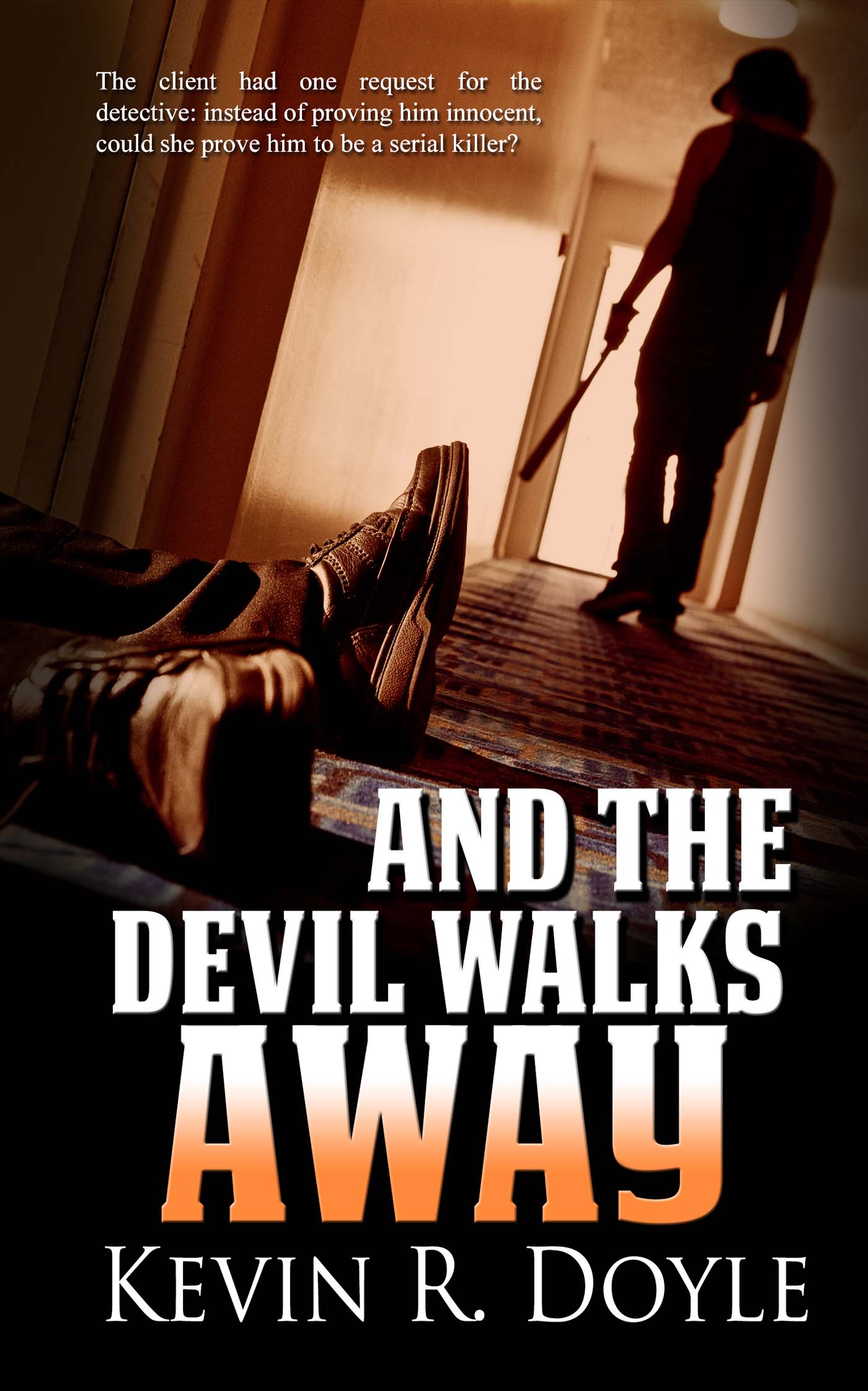

Love the bit about the muse out there in the ether.
Too true, voice is of paramount significance.
Agreed, if you don’t get the inspiration down immediately or log hat the character troubling your dreams has to say, you end up searching, all too frequently without satisfaction.
I’ve been to Bruges. I get it! And I et the love of horses.
When it comes to promoting literary work, I’m with you on that. Time consuming and worse. However, I enjoy rewrites and editing.
Continued success, Nancy!
Reed Stirling
So glad you listened to your muse, Nancy! I love your stories!
Loved this interview. I learned so much about you. Black Beauty was my inspiration to be a writer! How wonderful you have real horses to play with too! Congratulations on your new release!